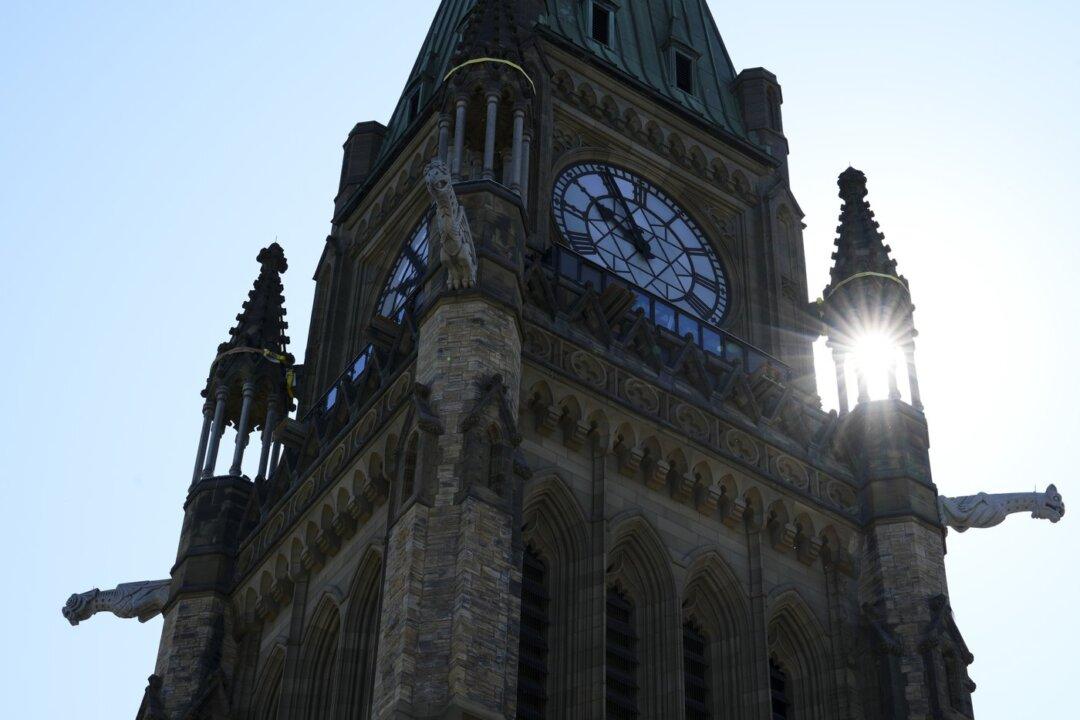The former board chair of an embattled federal green fund who is under an ethics review for approving money for her own company maintains she did no wrong because it’s the “normal course of business” for the government to support the clean tech sector.
Annette Verschuren completed her testimony before the House of Commons industry committee on Dec. 14, two days after her appearance at the previous meeting had been cut short. Ms. Verschuren said her computer froze and she wasn’t able to reconnect on time.





